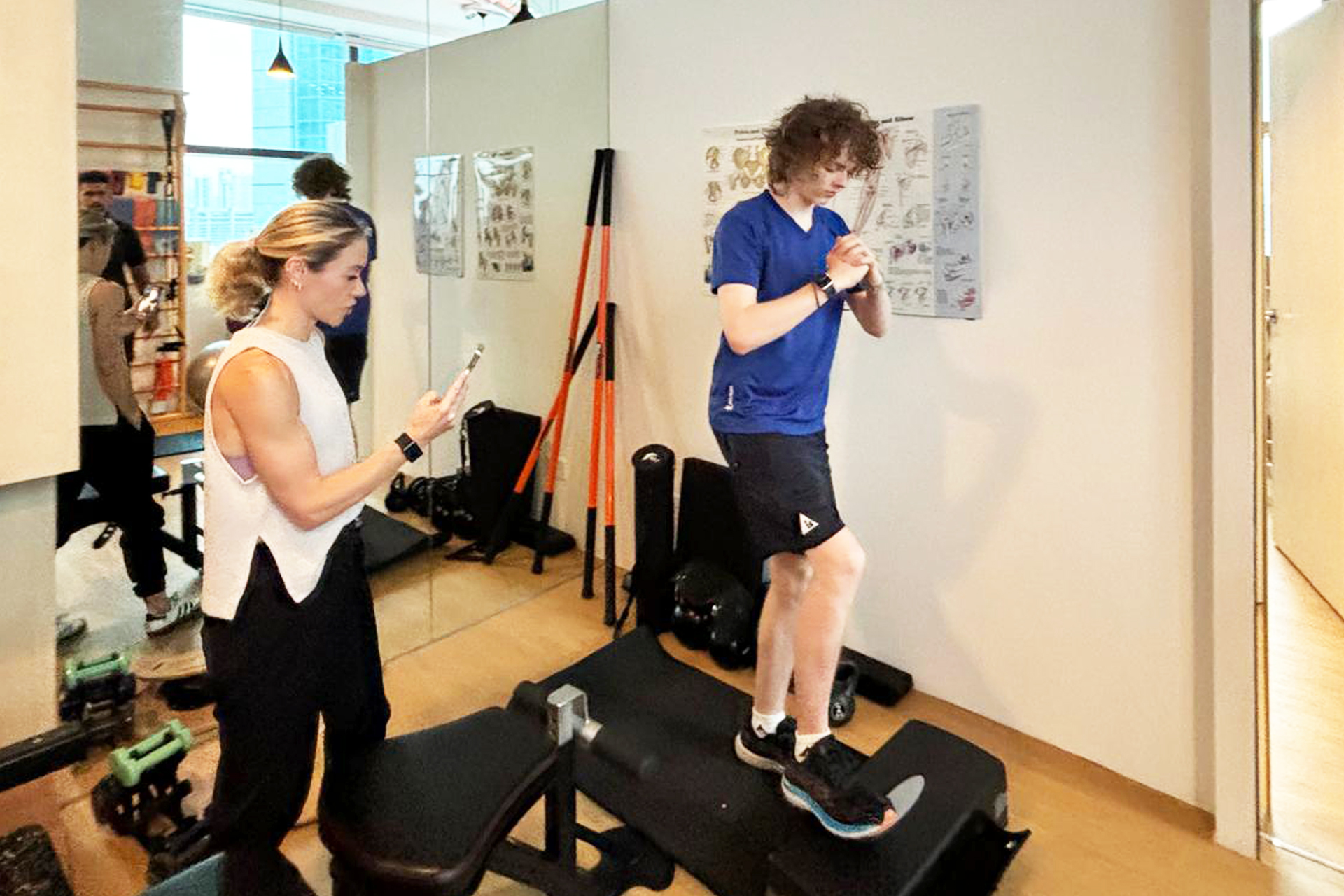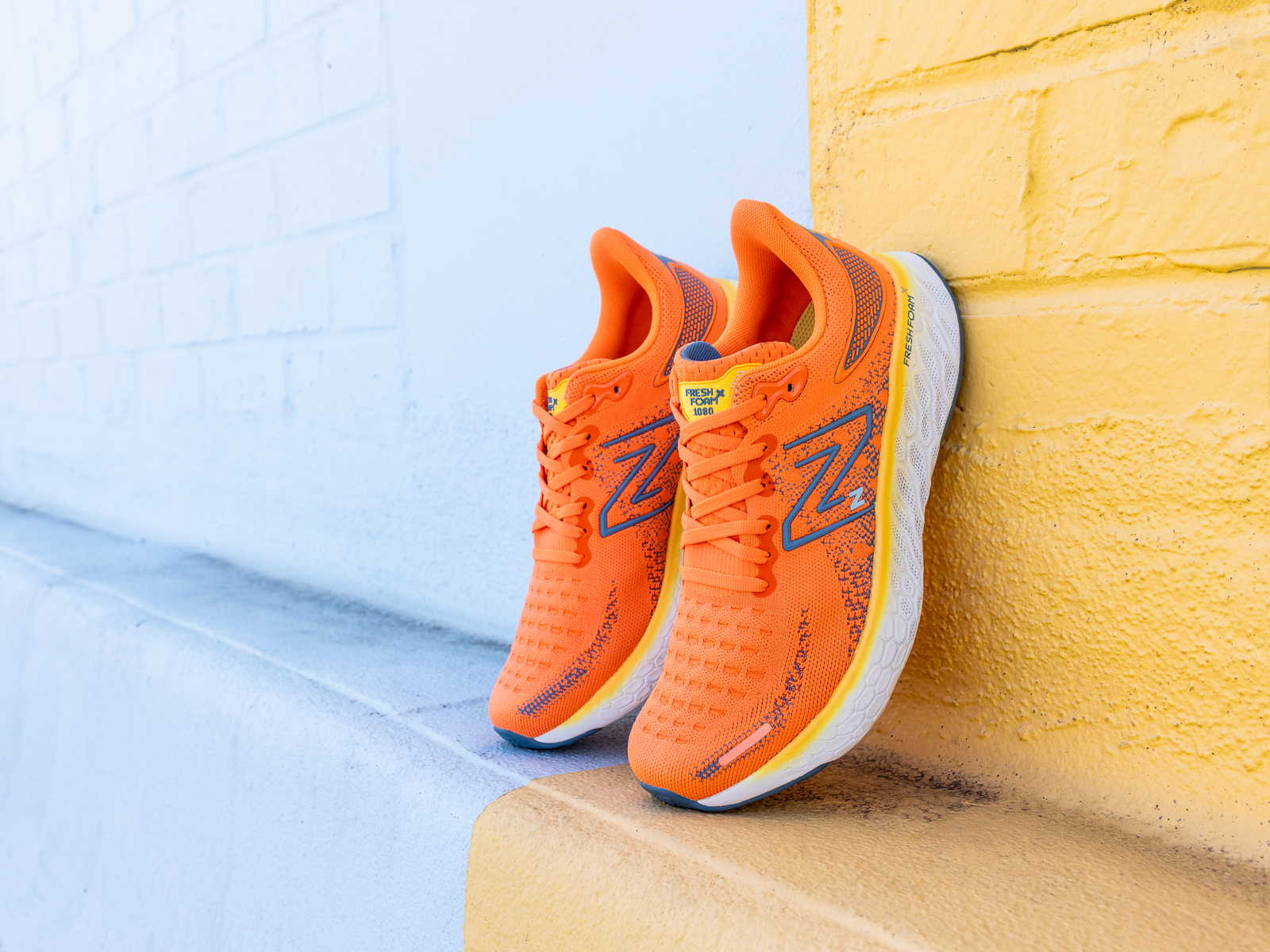Sever’s Disease, or calcaneal apophysitis, is a common yet often misunderstood condition affecting active children and adolescents. This painful inflammation of the heel’s growth plate typically strikes during growth spurts, usually between ages 8 and 14, when bones grow faster than muscles and tendons.
The primary culprits behind Sever’s Disease are repetitive stress on the heel and a tight Achilles tendon, often exacerbated by rapid growth during puberty and excessive physical activity. Young athletes are especially vulnerable, particularly those involved in high-impact sports like running, basketball, or gymnastics.
Symptoms can significantly impact a child’s daily life and athletic pursuits. The hallmark sign is heel pain or tenderness, which may affect one or both feet. Children often experience difficulty walking or running, with pain intensifying during physical activity. Many also report morning stiffness in the heel, which can be particularly frustrating for young athletes eager to participate in their sports.
Understanding Sever’s Disease is crucial for parents, coaches, and healthcare providers. Early recognition and appropriate management can help minimize discomfort, prevent long-term complications, and ensure that children can continue to enjoy physical activities safely. With proper care and patience, most children fully recover from Sever’s Disease as their growth plates close and their bodies adjust to growth changes.
It’s important to note that while Sever’s Disease can be painful, it’s typically self-limiting and resolves as the child’s growth plate closes. However, proper management is crucial to minimize discomfort and prevent long-term issues.
Distinguishing Sever’s Disease from Other Conditions
Sever’s Disease may present similar symptoms. These include:

- Achilles tendinopathy: While both conditions affect the heel area, Achilles tendinopathy typically causes pain higher up in the tendon.
- Plantar fasciitis: This condition causes pain at the bottom of the heel rather than the back.
- Stress fractures: These are more common in older athletes and cause more localized and severe pain.
- Tarsal coalition: This rare condition can cause similar symptoms but is typically accompanied by flat feet.
As physiotherapists, we’re trained to distinguish Sever’s Disease from other conditions that may present similar symptoms. At HelloPhysio, we use specific physical tests, such as the ‘squeeze test’ (compressing the sides of the heel), and carefully assess the patient’s history and symptoms to make an accurate diagnosis.
The long-term outlook for children with Sever’s Disease is generally excellent. Most patients fully recover once their growth plates close, typically around age 15 for boys and 13 for girls. However, it’s crucial to manage the condition properly to prevent complications such as chronic heel pain, altered gait patterns that may lead to other musculoskeletal issues, and reduced participation in physical activities, which can potentially impact overall health and fitness.
Multimodal Approach to Sever’s Disease
At HelloPhysio, we approach with a comprehensive Sever’s Disease treatment plan, potentially including manual therapy techniques, prescribed exercises, and possibly incorporating technologies like INDIBA® Activ or Radial Shockwave Therapy to manage symptoms and promote healing while allowing for continued physical activity as appropriate.
Manual therapy techniques to improve the flexibility of the calf muscles and Achilles tendon, specific stretching and strengthening exercises for the lower leg, and gait analysis to correct biomechanical issues, are part of our personalized plans. Additionally, our senior physiotherapists may recommend appropriate footwear or custom orthotics to provide better support and reduce stress on the heel, ensuring a holistic treatment plan tailored to the individual’s needs.

Radial Shockwave Therapy has shown promising results in alleviating pain from Sever’s Disease in children. Low-power sound waves are used to stimulate healing in the growth plate. Shockwave Therapy is typically administered 2–3 times over two weeks, during which rest from intense activity is recommended. After this period, activity can be gradually increased to ensure proper healing of the growth plates.
Integrating INDIBA® Activ Therapy with Radial Shockwave Therapy can enhance the treatment of Sever’s Disease in children. INDIBA® Activ Therapy, using radiofrequency, offers complementary benefits such as pain reduction, accelerated healing, inflammation reduction, and improved blood flow. By increasing deep tissue blood flow and promoting cellular repair, INDIBA® Activ T herapy provides immediate relief and makes treatment more comfortable. It stimulates natural healing processes at a cellular level, enhancing the effects of Shockwave Therapy and leading to quicker recovery times.
With appropriate physiotherapy intervention, we can help ensure a full recovery and minimize any long-term impacts on the child’s athletic performance or daily activities.
Make an appointment today with HelloPhysio to find out more or to schedule an appointment for your child.

